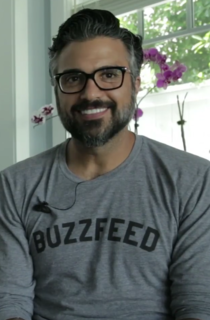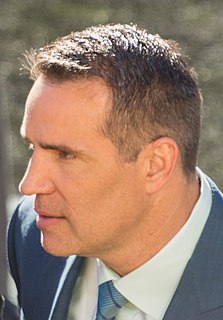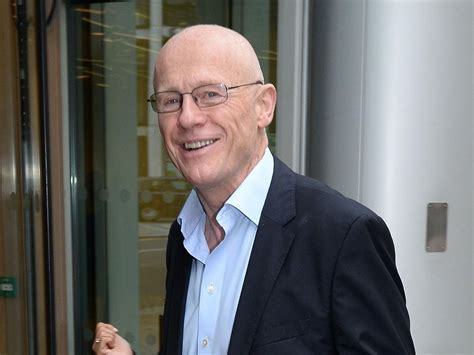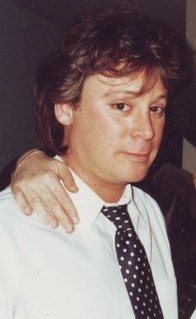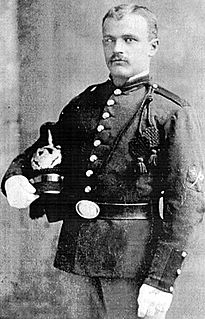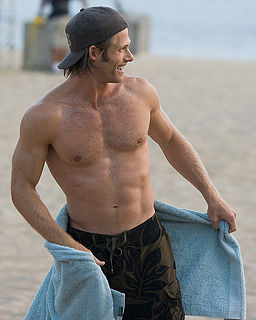A Quote by Jennifer Egan
I felt unbelievably lucky to have the success I did with 'Goon Squad,' and I also felt the pressure of how fleeting that success can be.
Related Quotes
I don't know if I felt successful, but I did feel a difference in my career, or in how people perceive me, or how people reacted on the street right after I did the Mexican version of 'Ugly Betty.' That show was a complete success, thank God. It broke historical ratings records in Mexico and also the U.S.
Proust, my big inspiration for 'Goon Squad,' uses music a lot in his novel, both in terms of plot and structure. I liked the idea of doing the same thing, which is one reason I structured 'Goon Squad' as a record album, with an A side and a B side, that's built around the contrasting sounds of the individual numbers in it.
I felt a certain modicum of success because I had been paid well to be an actor for the first time in my life, but I felt like I had done adolescent work on the show, and stepping into the New York theater arena was the first time I felt like I'd come into my own. I felt like I was proving myself in a gladiatorial arena.
Sometimes I felt lonely because I pushed people away for so long that I honestly didn't have many close connections left. I was physically isolated and disconnected from the world. Sometimes I felt lonely in a crowded room. This kind of loneliness pierced my soul and ached to the core. I not only felt disconnected from the world, but I also felt like no one ever loved me. Intellectually, I knew that people did, but I still felt that way.



